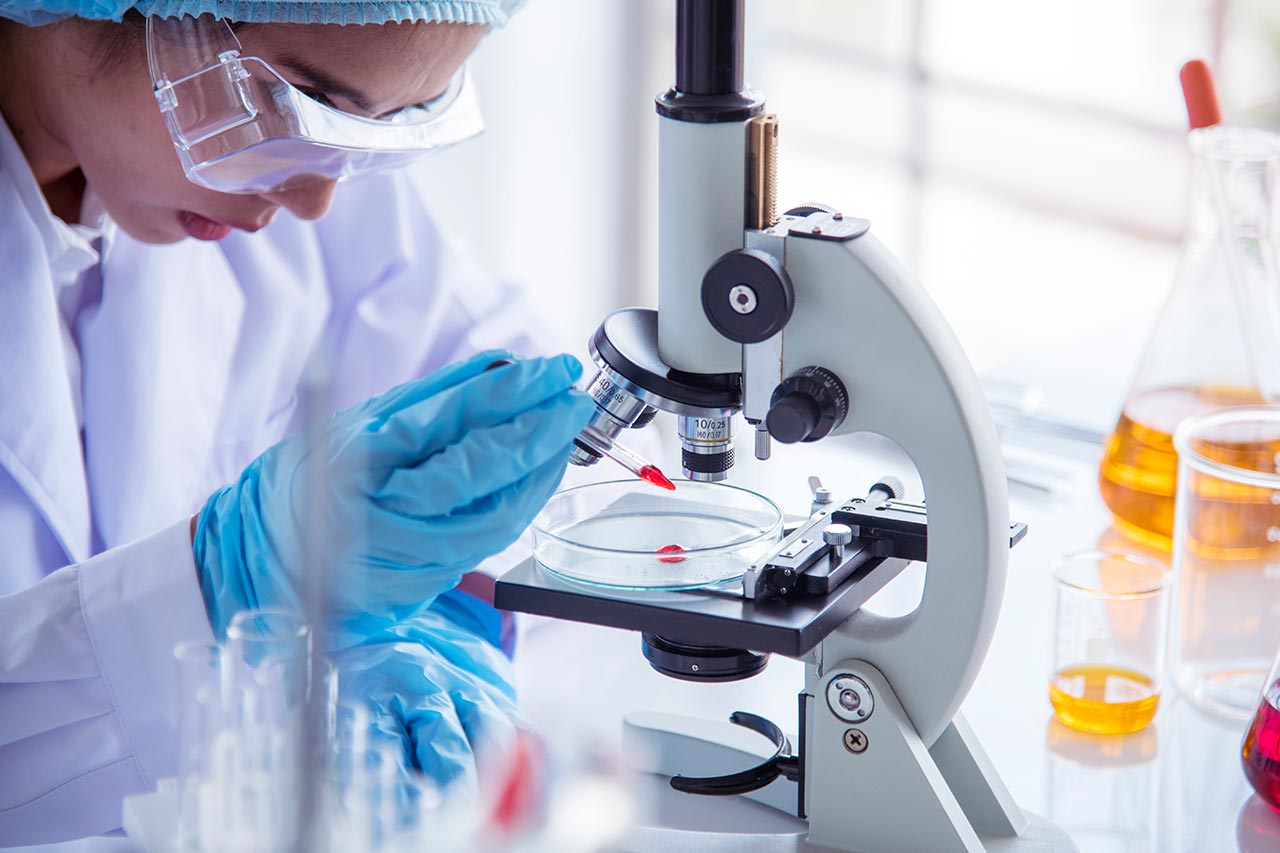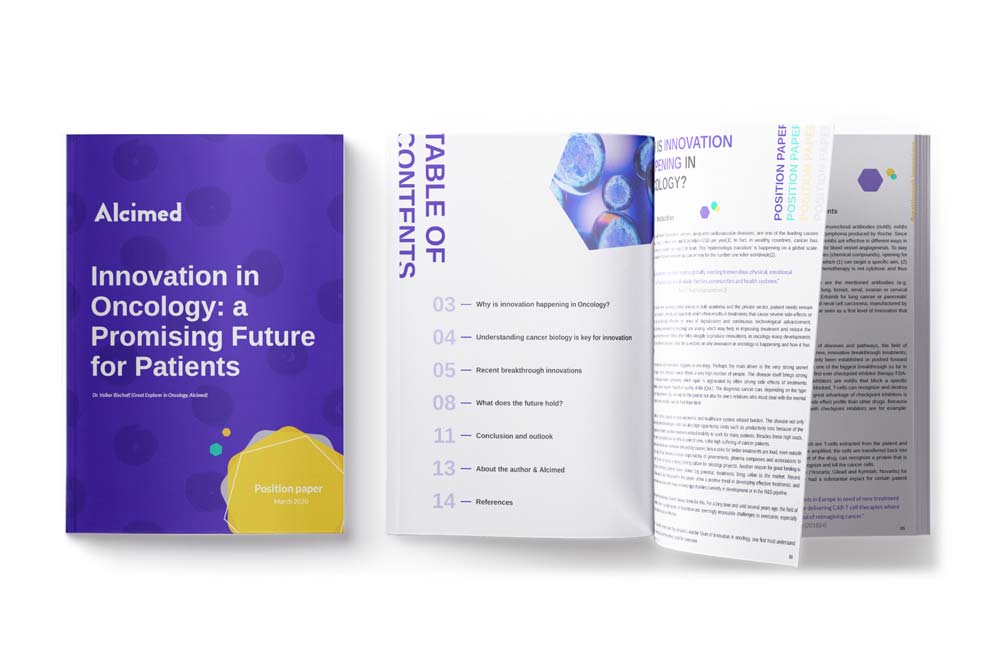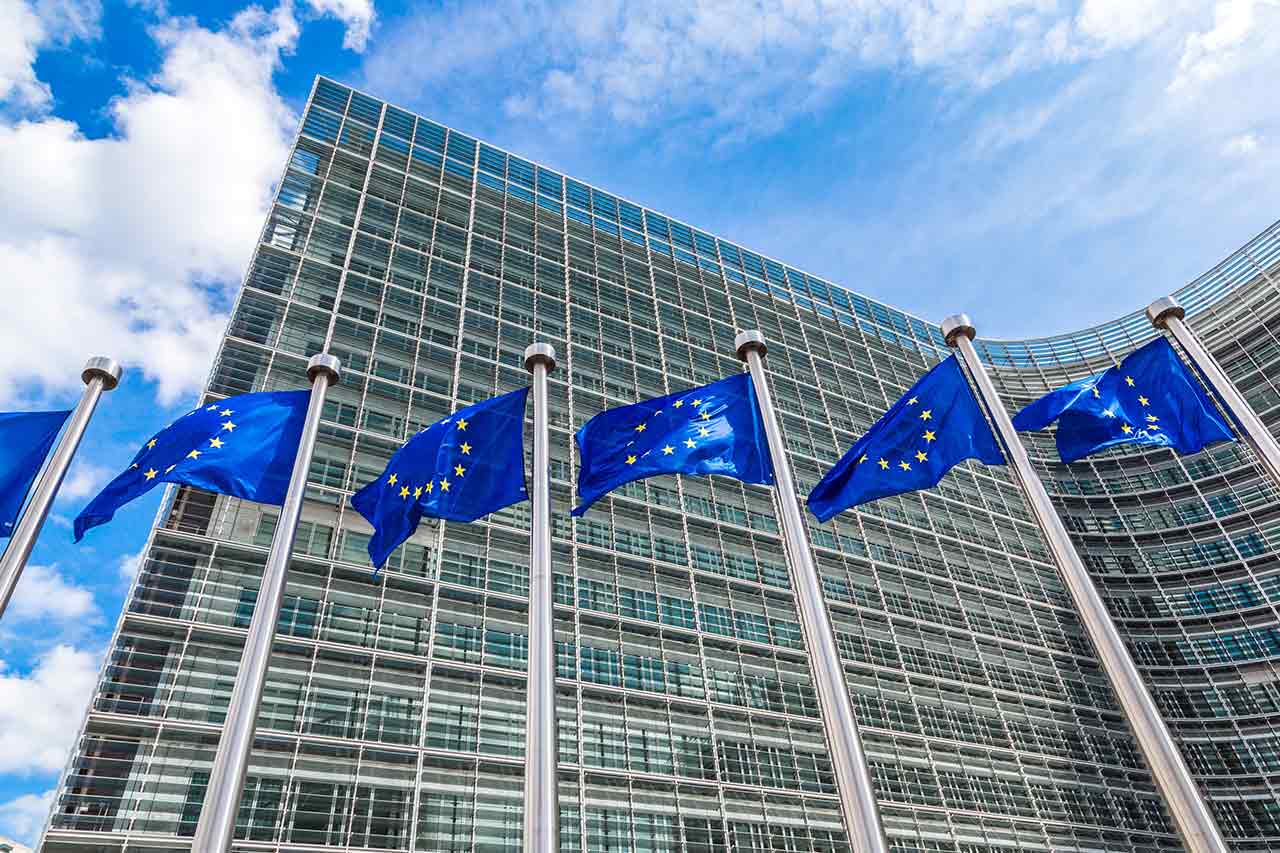Favor networking with the industry
The expression “alone we go faster, together we go further” takes on its full meaning in the pursuit of the efforts of research structures. France hosts hospitals and public oncology research infrastructures that are individually recognized on the world stage. Global oncology strongholds such as Boston show that skills alone are not enough to attract manufacturers. Networking skills and technologies across the entire oncology research and development value chain seems to be one of the solutions to achieve this.
This work has already begun, as shown by the increasing number of European, national and regional calls for projects that encourage researchers, clinicians and manufacturers to network on subjects of interest with high market potential.
To foster and perpetuate public-private partnership research, some lines of work are to be pursued:
- The promotion of an entrepreneurial culture
- The continuation of efforts in translational research
- The industrialization of the activity of cutting-edge public scientific and technological platforms (microfluidics, antibody development, high-throughput sequencing and single cell screening, etc.)
This public-private partnership research in oncology in France implies rethinking and adapting operating modes, structuration and even governance. The question remains open.
Playing to one’s strengths in an increasingly competitive environment
The 2014-2019 cancer plan already encouraged laboratories to play their strengths in the race for diagnosis, treatment and patient care in order to differentiate themselves internationally and maintain their leadership over competing laboratories.
Choice of therapeutic areas of interest in oncology in France
French laboratories and hospitals have developed a real expertise in different therapeutic areas such as immuno-oncology. Being a highly competitive therapeutic field on a global scale but also on a national scale, public and private laboratories have the challenge to differentiate themselves in two ways:
- Their therapeutic approach: new antibody formats such as VHH and V-NAR, oncolytic viruses, microbiota, radiotherapy, etc.
- The development of new diagnostic tools such as the ISET® test developed by the Inserm researcher Patrizia Paterlini Brécho,PhD or the Immunoscore® by the researcher Jean Galion.
Data, the French flagship to promote in oncology research
Decades of increasingly personalized medicine and research in oncology have also made it possible to generate a tremendous volume of data (genetic, tissue and cellular material) of very high quality and value. Pooling and cross-referencing this data to extract their value would lead French public laboratories to benefit from a veritable gold mine. We still need to continue our efforts to promote the standardization of this data, to work on its interoperability and to set the terms and conditions for access by industrial companies… The France Genomics 2025 plan and the deployment of the Health Data Hub could accelerate this dynamic towards a better use.
Simplifying the landscape of support structures in oncology research
Rightly or wrongly, France hosts a wide variety of support structures (cancer clusters, SATT and university valorization units, SIRIC, IHU, FHU, Carnot, service platforms, demonstrators, etc.) at the service of the valorization of fundamental, translational and clinical research towards industry. While industrialists well established in the region have a good vision of the valorization ecosystem, this is not the case for foreign establishments and for SMEs/VSEs.
In order to go towards more simplification, 3 actions seem to be essential:
- Define the scope of action of each support structure in order to guarantee to companies (pharmaceutical laboratories, SMEs) an optimal visibility of the skills and technologies which are available in the territory
- Optimize the articulation between the existing structures of valorization
- Favour inter and intra-regional collaborations between development structures
Initiatives such as the Matwin platform are already working to centralize innovative projects and valorize them.
French oncology research continues to make scientific and technological advances. It contributes to the understanding of the mechanisms of tumor appearance (biomarker identification, clonal evolution), to the development of new pharmaceutical leads and diagnostic tools and to the improvement of patient care. Facing the emergence of new foreign research offers, there is a real challenge to join forces to maintain French excellence on the world stage. The next few years will be decisive in structuring a balanced and sustainable public-private ecosystem in order to position France at the forefront and attract industrial investment.
Academic centers or associated support structures, you wish to be accompanied on this subject? Discover our consulting achievements in collaborative projects.
About the author
Carèle, Senior Consultant in Alcimed’s Innovation & Public Policy team in France



